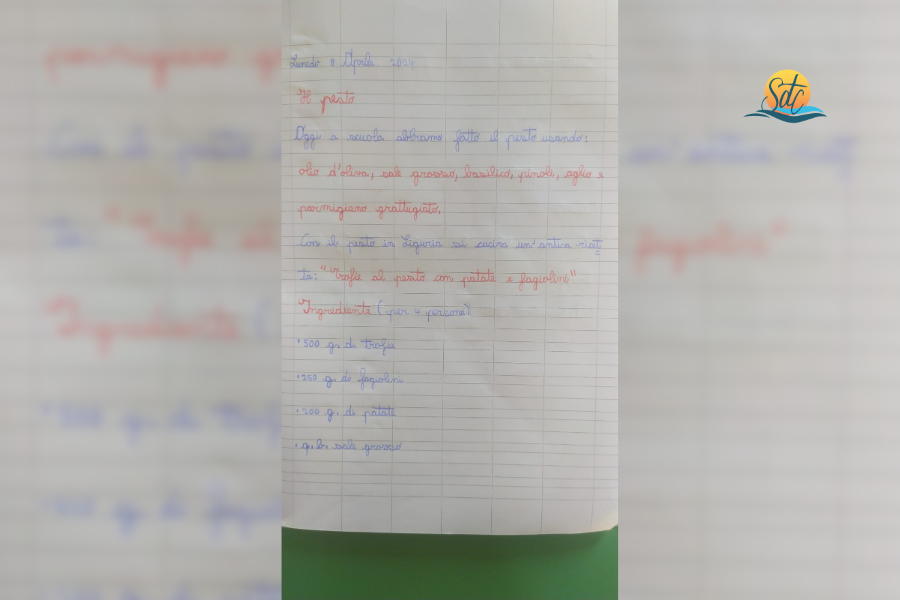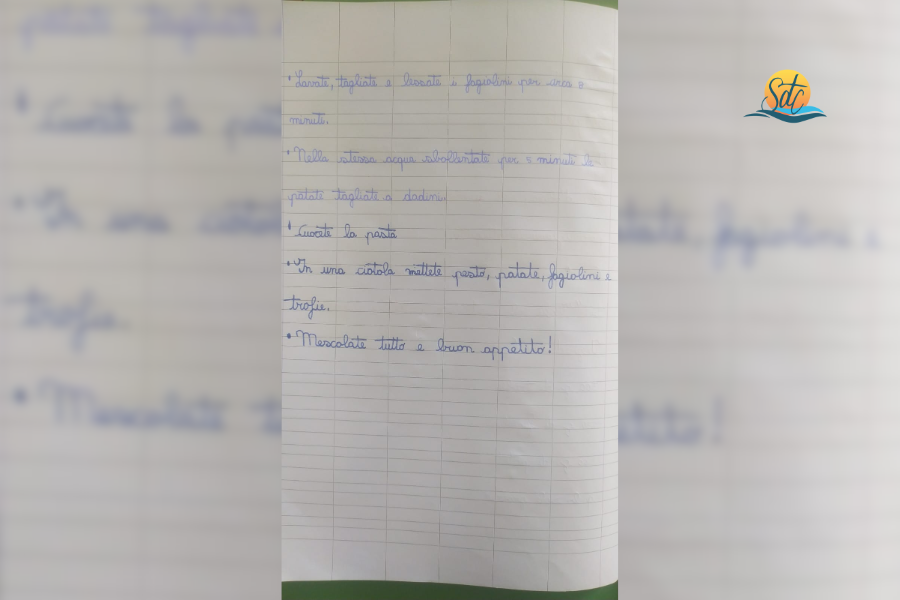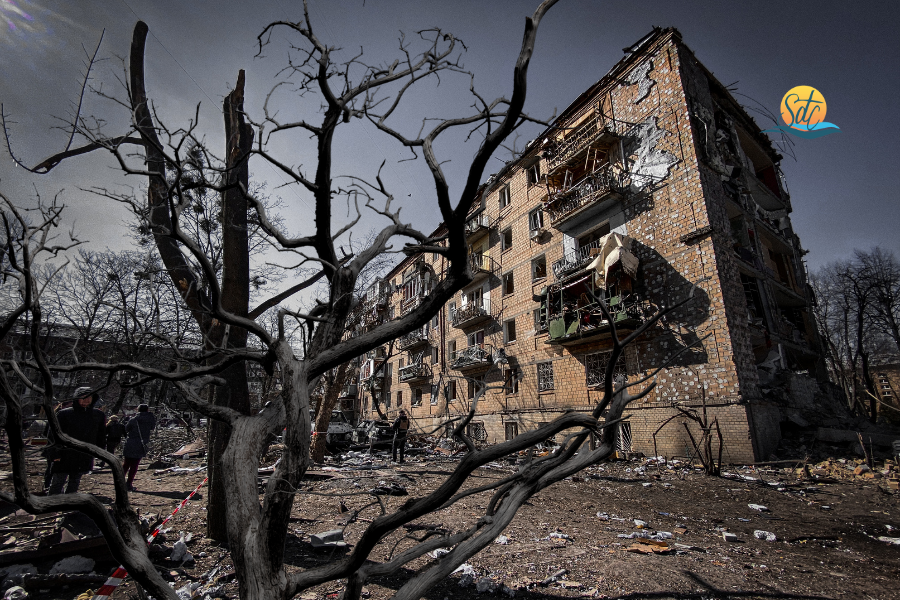Good news from Central Africa and Sarzana.
Communities in the Central African Province have launched a campaign to collect and recycle aluminium cans. A gesture that may seem small, but which has a high environmental impact

For some years now, aluminium has been a widely used packaging for food, pharmaceuticals and cosmetics. It can be found everywhere: cans, tins, coffee pods, trays, etc.
100% of recovered materials can be recycled indefinitely, without losing any of their properties; by using recycled aluminium, 95% of the energy used to produce the primary mineral is saved.
Did you know that 80 cans of thirst quencher can make a bicycle tyre? 8 cans of canned goods can make a pot? Or 550 aluminium cans a chair? Furthermore, each recycled metal container has its own impact in the fight against global warming, as recycling 6 aluminium cans counteracts the emission of 10 minutes of a waste pipe.
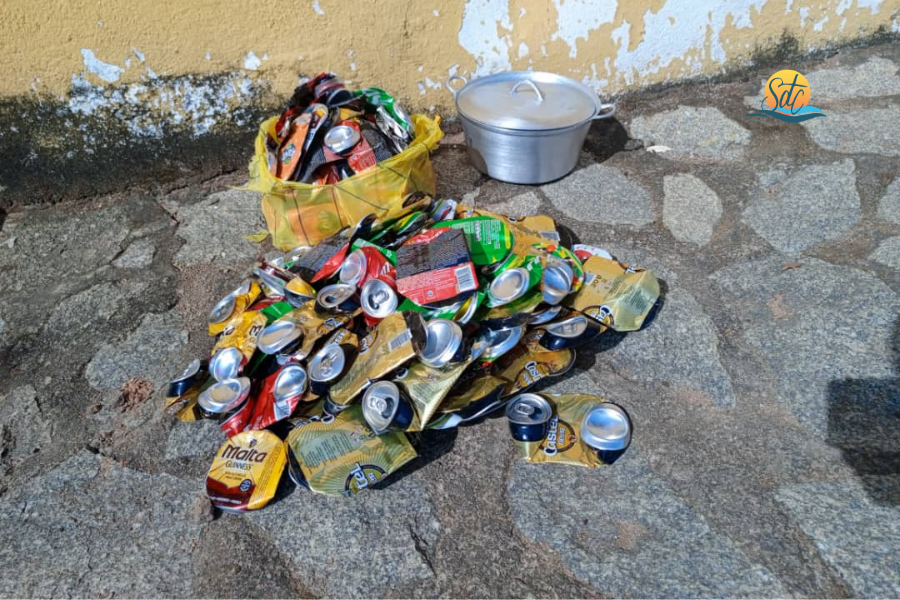
Good habits are learnt at the Immacolata School in Sarzana, where second grade children worked in class on the rules to follow in order to help the Earth, the climate and improve our eating habits, through a project linked to Agenda 2030, the Programme of Action for People, Planet and Prosperity, signed in September 2015 by the governments of the 193 UN member states.
The children were asked to try out good practices to put into practice in their food consumption and purchases, through learning about small steps they could take to change their habits and reduce their ecological footprint.
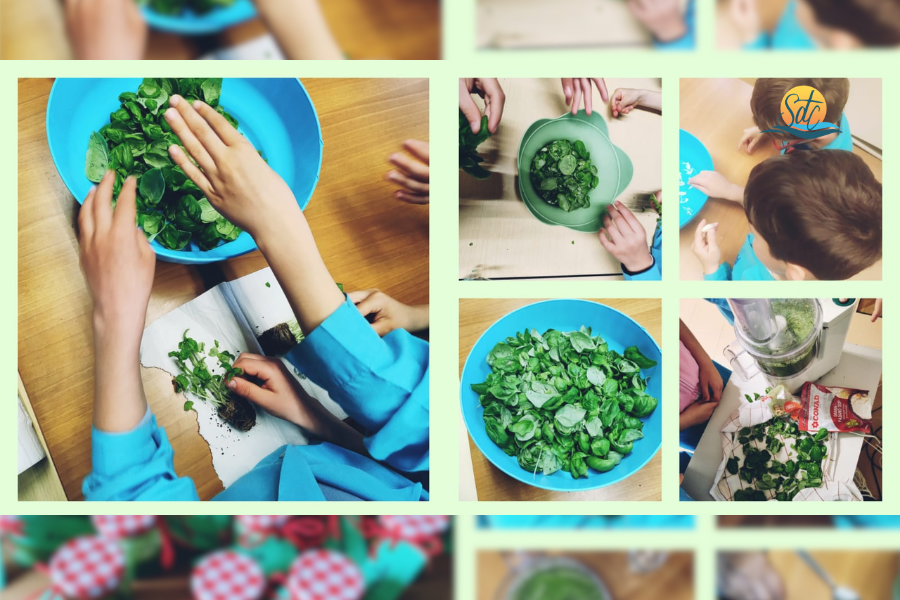

“At the end of the project – the young pupils tell us – we were asked to send a poster on a regional recipe and we chose to make Pasta pesto, potatoes and green beans. Yesterday we made pesto in class, wrote the recipe and took it home to prepare as a family. We will soon make the poster to send in for the Agenda 2030 competition”.
